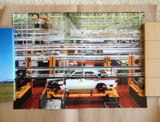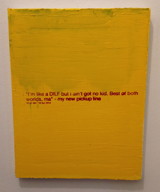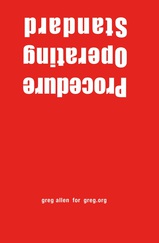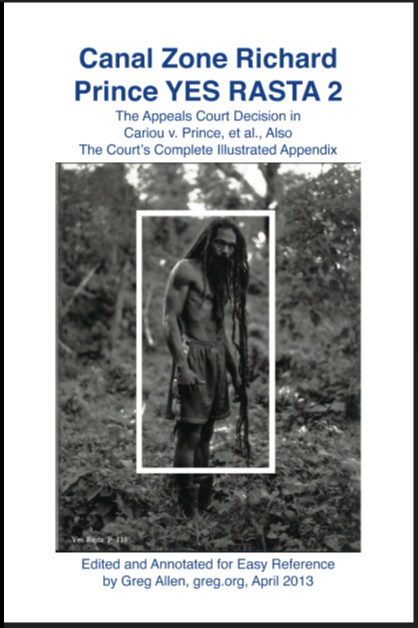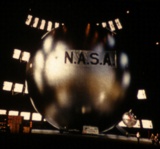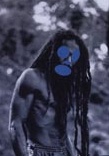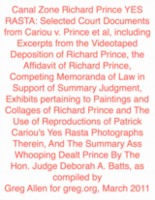As someone whose desktop contains several drafts of an adaptation of a straightforwardly narrative but slightly magically naturalist historical novel, I've watched the discussion of Screenhead's list of unfilmable novels with vested interest.
It took over forty comments for my personal favorite Unfilmable Novel to come up, though, which gave me plenty of time to get reflexively critical of the list. What hasn't really emerged, though, is any real discussion or analysis of what makes a novel unfilmable.
There are nods to textual density and complex narrative structure, but honestly, if "unfilmable" really just means "no obvious three-act structure" then we're really just talking about "Unfilmable by Syd Field alumni," and guess what? Not interesting.
Whether it's Pulp Fiction, Requiem for a Dream, Memento, or Koyanisqaatsi, a film can reject quite a few filmic storytelling conventions and be the better for it. So Eoin's concern about Beckett, "How on earth could anyone adapt a novel that fails to have a character?" doesn't bother me as much as "How on earth could anyone adapt a novel under the suffocating restrictions of the Beckett estate?"
The problem of filming long and episodic novels like Don Quixote is largely artificial, like trying to turn a novel into a comprehensive sculpture. The Sopranos, The Wire, even Lord of The Rings should show there's no need to whittle a thousand great pages into a single, 120-page script.
My own favorite novel I can't figure out how to film is Nabokov's Pale Fire, which turns out to be structurally similar to my second favorite unfilmable novel, DFW's Infinite Jest. Both are footnoted, hypertextual extravaganzas which require juggling thumbs and threads as you jump back and forth from "story" to "supporting material," even as they call such distinctions into question.
As it turns out, Soderbergh has talked about his interest in Pale Fire, too. In 1996, Stan Schwartz suggested Nabokov as an interest/inspiration:
:Oh hell, yeah! Pale Fire. Yeah, he's great. There's a huge deconstructive element in his work. The acknowledgment that you're reading a book. And there's a lot of that in Schizopolis. The awareness that you're watching a movie, and the film's awareness that you're aware that you're watching a movie.[He continues talking about the making of Schizopolis and adapting Spaulding Gray's monologue, Gray's Anatomy, too; it's an interesting read.]
The subjectivity inherent in the list is amplified by attaching directors' names to these dream projects, "if anyone can do it, Tarantino/Lynch/Soderbergh/Aronofsky can"-style. There's nothing inherently unfilmable in these titles; it's just that we can't imagine how to do it. The problem isn't the novels'; it's ours.
But maybe there IS something else, a structural problem. How many studio execs or producers have actually read Joyce or Proust or Nabokov--or Cervantes? When I chose the name of my production company from Don Quixote, one project on my initial slate was shooting an adaptation of the novel without having read it. That became citing Don Quixote as an inspiration/reference in press material, knowing full well that almost no one would ever question or refute the claim. People "know" many of these novels as Great and Difficult, but they've rarely actually read them. [Hell, I still haven't read Ulysses or finished Infinite Jest, for that matter.]
The amount of imaginationpower being thrown against possible film adaptations is thus exponentially smaller than we imagine. Meanwhile, in addition to the mindset of executives, the film industry's production and funding infrastructure is designed not to make challenging, experimental, or unconventional films. The result is not exactly fertile soil for these projects to develop.
Terry Gilliam's Depp-meets-Don Quixote project didn't fail because Cervantes is unfilmable; in fact, the unbaked, chaotic ridiculousness of Gilliam's film/script/vision itself was the least of the reasons that production imploded.





